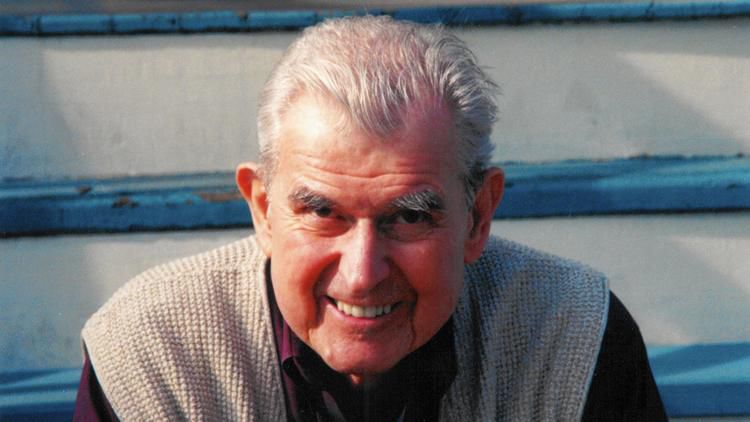First English Department chair dies at 84
May 18, 2017

First English Department chair dies at 84
John Schultz, the first chair of what was originally known as the Writing/English Department and former professor in the Creative Writing Department, died at his home in Riverdale, Illinois on May 6, at the age of 84 from a long illness.
Schultz joined Columbia in the Fall of 1966 as a part-time faculty member, bringing with him a unique style of teaching that he created—the Story Workshop. The Story Workshop technique involves student exercises that foster creative thinking, according to a Columbia College interview with Schultz in 1998.
The Story Workshop led to the development of The Schultz Group and the Story Workshop Institute, which brought the interactive teaching style into elementary and secondary schools and thousands of students throughout Chicagoland.
Schultz was also a distinguished fiction and nonfiction writer, publishing a wide variety of works such as “Tongues of Men,” “No One Was Killed,” “Writing Start to Finish” and of articles in the Evergreen Review and The Georgia Review.
Schultz’s daughter, Susan, said one of the most important ideals her father impressed on her and practiced himself was the idea that a person should leave the world better than the way they found it.
“He gave people a voice and that always makes the world a better place,” Susan Schultz said. “When people are speaking up and speaking out, the transfer of information is really essential to a culture.”
Shawn Shiflett, associate professor in the Creative Writing Department and son of Schultz’s second wife, Betty Shiflett, said the influence Schultz had on his own writing career is unquestionable.
Shiflett said he came to Columbia knowing he wanted to write, but not knowing exactly which genre or medium. Only after Schultz provided feedback on Shiflett’s work documenting his experience growing up as a Caucasian in a predominately African-American high school did Shiflett started working on the novel which later became, “Hey Liberal!”
“What [Schultz] was after was to develop and look for [individual’s voices], not trying to make people sound any particular way but trying to get them to hit on their material and take off with it,” Shiflett said.
Shiflett added that part of what made the Story Workshop approach so unique was its open admissions policy; Schultz and those who adopted his system accepted everyone regardless of class, race or skill.
Academic manager in the Creative Writing Department and Story Workshop Institute collaborator Devon Polderman said the inclusive nature of the Story Workshop fit well into the open admissions policy upon which Columbia was founded.
“There were a lot of people who felt artistic inclinations but may not have felt like they were a traditional college student, and those classes gave them a place to exercise their creative abilities, develop their problem solving and really enter the academy of literature,” Polderman said.
Polderman said one his greatest pleasures was walking past classrooms where Story Workshop classes took place and hearing both the laughter and the serious interaction of students as they engaged in the program.
Polderman added that Schultz’s passing has greatly affected the Creative Writing Department and its members.
“John is fundamental to what Columbia is,” Polderman said.







